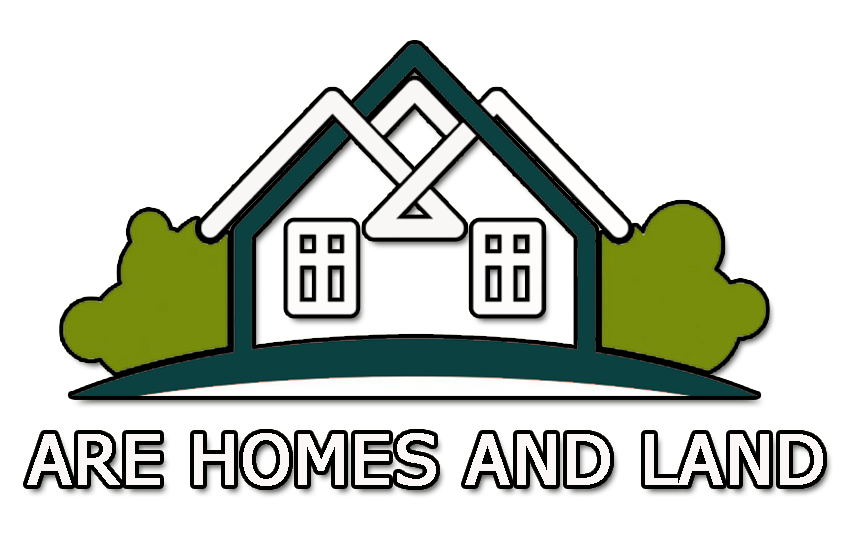Malta’s growing real estate industry attracts residents and tourists to buy or rent. Malta’s diverse real estate, from modern apartments to antique townhouses, makes buying or renting challenging. An informed choice that matches your lifestyle, money, and long-term goals requires weighing the advantages, negatives, and significant features of both solutions.
America’s citizenship and residence processes, economic growth, and tax benefits make real estate popular. Due to the island’s limited territory, housing values have grown significantly in the past decade. Malta’s subtleties must be understood before buying or renting. Property for rent in Malta allows you to explore the island, but rising rental fees may make it uneconomical. Malta real estate is a good investment, but it has financial duties. Examine both alternatives.
The Case for Renting in Malta
Expatriates, digital nomads, and those unsure of their future goals rent in Malta. Renters gain from flexibility. Since tenants aren’t bonded to a residence, they can move for employment or travel Malta without selling. Renting is less commitment than buying. Tenants save time and money since landlords handle maintenance, repairs, and other property fees. This may appeal to hands-off property managers. For newcomers to Malta who wish to test the market before buying, renting is ideal. It allows you tour communities, learn about island life, and decide if Malta is liveable.
The Benefits of Buying Property in Malta
Malta real estate is often regarded a long-term investment for financial security. Increasing equity is a big benefit of owning. Malta real estate has appreciated, making it a good investment. After paying off the mortgage, you’ll own the home without rental price risk. Malta attracts foreign investors with residency and tax breaks. The country’s strong tourism sector, stable economy, and Mediterranean position encourage real estate demand and capital growth. Malta real estate, especially in tourist or expat neighbourhoods, may rent. Another benefit of buying is property modification. Homeowners can repair, decorate, and personalize without landlord consent. This control and ownership may appeal to long-term Malta residents.
Lifestyle Considerations: Which Option Suits You?
Your lifestyle and long-term goals will influence whether you buy or rent. Renting may be better if you want flexibility, are unsure of your future in Malta, or wish to avoid property commitments. Renting allows you live in desirable areas without a mortgage or maintenance. If you plan to stay in Malta and invest in a house that will appreciate, buying may be preferable. Home ownership may be cheaper and safer than renting.
The Long-Term Investment Perspective
For long-term investment, consider Malta real estate. Malta’s real estate market is strong due to foreign and domestic demand. Buyers want real estate for capital growth and rental revenue. However, financial advantages shouldn’t drive buying. Determine your financial condition, including homeownership comfort, future ambitions, and mortgage financing capabilities.
Conclusion
Long-term goals, lifestyle, and budget determine whether you buy or rent in Malta. For Malta immigrants or those who prefer not to own property, renting offers flexibility and less financial burden. Real estate investing may provide stability and growth. Your choice depends on your finances, duration of stay in Malta, and preference for flexibility or ownership. The appropriate choice requires careful analysis of your needs and knowledge of the Malta real estate market.


